Readers Write 5/15/12
Submit your article of up to 500 words in length, subject to editing for clarity and brevity (please note: I run only original articles that have not appeared on any Web site or in any publication and I can’t use anything that looks like a commercial pitch). I’ll use a phony name for you unless you tell me otherwise. Thanks for sharing!
Health Informatics [helth in-fer-mat-iks]: A Noun?
By Aaron Berdofe
Health informatics is a term that has garnered a multitude of definitions over the relatively short term it has been in use. Papers have even been written about it, positing definitions containing the synergistic relationship between the disciplines of medicine, operations management, human interaction, and computer science.
They are all very complicated and important sounding, so I certainly don’t want to deride the academic effort that went into pondering the question of what health informatics is. But, having now completed all of my course work for the Masters of Health Informatics degree at the University of Minnesota, I feel obligated to offer an alternative.
I am, in fact, now an expert at answering this question. My response has been whittled down from (a) a technical and philosophical lecture (did you know it was derived from the Russian word informátika?), which has eyes glazing over within the first few words, to (b) a succinct statement which induces a thoughtful, "Hmm" before moving on in the conversation.
I wish I could just say something simple, like "I’m a doctor," where people not only understand, but grasp the gravity of what you do. But I’m not one, so I cannot.
Instead, I have settled for people being able to understand the general idea of what I have been pursuing higher education for and apply through my consulting career, but perhaps not quite being able to connect to how it relates to them. This remains true even of people within the healthcare industry. If a little mystery is what makes a man attractive, I am unquestionably worth a second look.
My definition is this: health informatics is a study of the flow of information through healthcare and how that information is used. Do we deal with computers? You bet we deal with new-fangled technological tools! However, technology no more defines an informatician than a wrench does a plumber. Thus, why I don’t like to include it in my definition.
The emphasis should be on the information, not necessarily the mechanisms that sometimes help it move. Is health informatics a multi-disciplinary field? Certainly, but so was everything else at one point or another. Health informatics is a new field that is diligently integrating itself into healthcare.
Right now, the industry is focused on obtaining clinical information with carrots and sticks (I’m looking at you, Meaningful Use!) through EHRs. Yet the dirty secret is that EHRs can’t actually be proven to be useful in terms of ROI, improved patient safety and outcomes, or practice efficiency. And it’s not the technology that is the problem. Creators of EHRs don’t know what problem their technological solution is trying to solve, but we’ve all agreed that the processes of healthcare should advance themselves into the digital age.
Therein lies the problem that health informatics will have to solve. How do we adjust the flow and processing of information throughout healthcare to improve the lives of patients and make it a sustainable business? This question is why I’m in health informatics.
Aaron Berdofe is an independent health information technology contractor specializing in Meditech’s medical and practice management suite and EMR design and development.






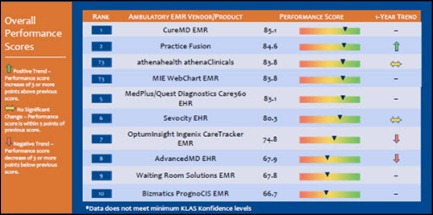








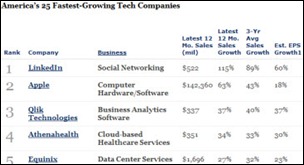
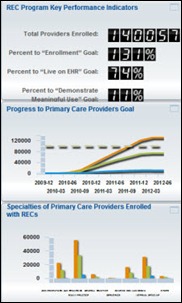
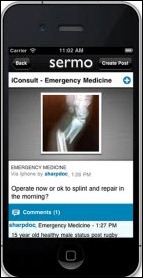
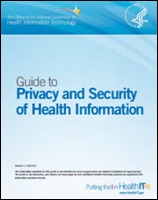



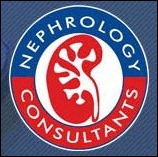





Re: Walmart Health: Just had a great dental visit this morning, which was preceded by helpful reminders from Epic, and…